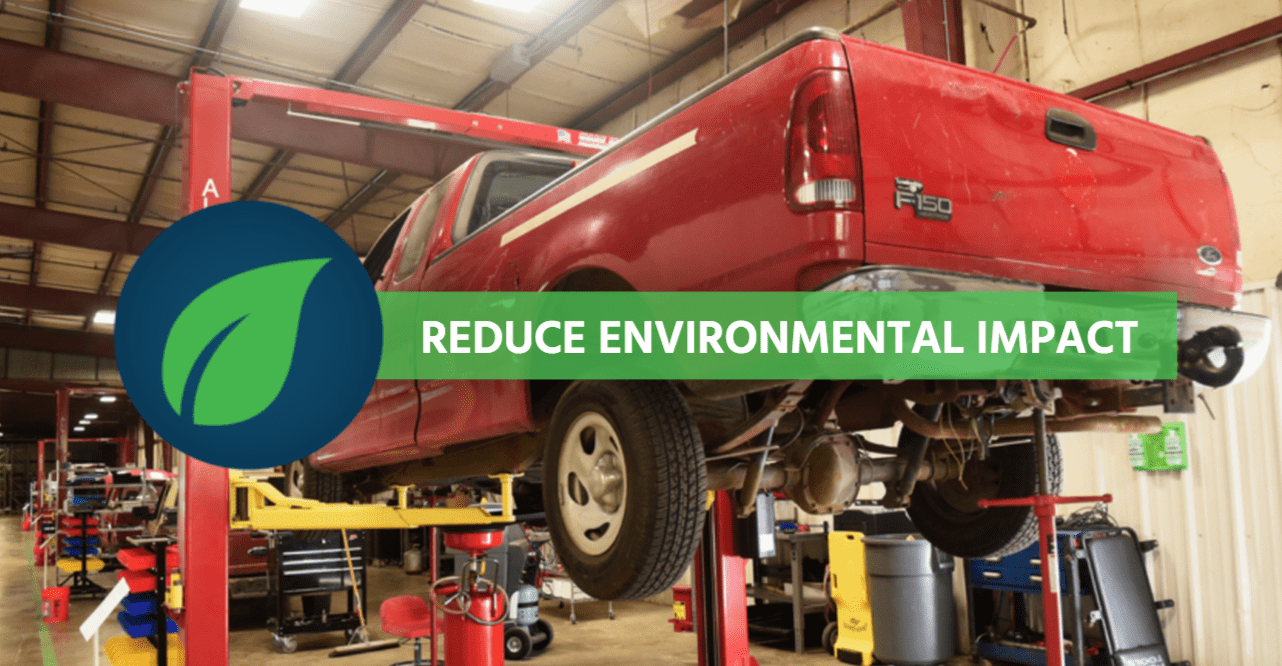Sustainability reigns supreme, with more and more consumers demanding that the items they buy have a minimal impact on the environment. This is particularly true of motor vehicles, which have a heavy ecological impact and present great potential for improvement. While most people focus on making vehicles more fuel efficient, the way they’re manufactured is just as important to sustainability as how they use fuel. By including remanufactured vehicle parts, Vehicle Reman has preserved the planet on multiple fronts.
The Environmental Rewards of Remanufacturing
Remanufacturing is the art of taking old, broken, or worn parts and restoring them to pristine, state-of-the-art condition. It is distinct from simply repairing those parts, as it renders them every bit as strong and useful as parts that have been newly manufactured.
When used to produce car parts, remanufacturing has a host of benefits, including:
- Using Fewer Raw Materials- Because the metals and other essential materials have already been mined, remanufacturing eliminates the need for more mining, a process that is highly disruptive to the environment.
- Saving Energy- It takes far less energy to restore an existing part than to process newly-mined materials and manufacture an entirely new part. As a result, remanufacturing produces fewer emissions of greenhouse gases, air pollutants, and a host of other byproducts of fossil fuel energy.
- Reducing Waste- Remanufacturing ensures that old and broken car parts do not end up in landfills. Given that landfills take up considerable land, this further reduces the land use resulting from car production. It also reduces various forms of ground and water pollution that can occur when metals, plastics, and other materials sit in a landfill for long periods of time.
Through these and other benefits, Vehicle Reman has used remanufacturing to reduce the ecological footprint of our parts dramatically. Our manufacturing process uses only 16% as much land and 25% as much energy as traditional car production. Likewise, we produce only a 20% of the greenhouse gas emissions and 14% of the toxic air pollution that typically results from car production. Finally, our process requires less freight transportation, meaning there is less need for ships to transport cars to markets and disposal sites in different countries.
The environmental benefits of our remanufacturing methods are especially impressive in the aggregate. As of July 2018, our process has saved a total of 4,799 megawatt hours of energy and 17.3 million gallons of water, and has reduced greenhouse gas emissions by 1,292 tons. In this way, we have had a profound, positive effect on the environment.
For more information on our passion for the planet and sustainable remanufacturing process, contact Vehicle Reman today.
